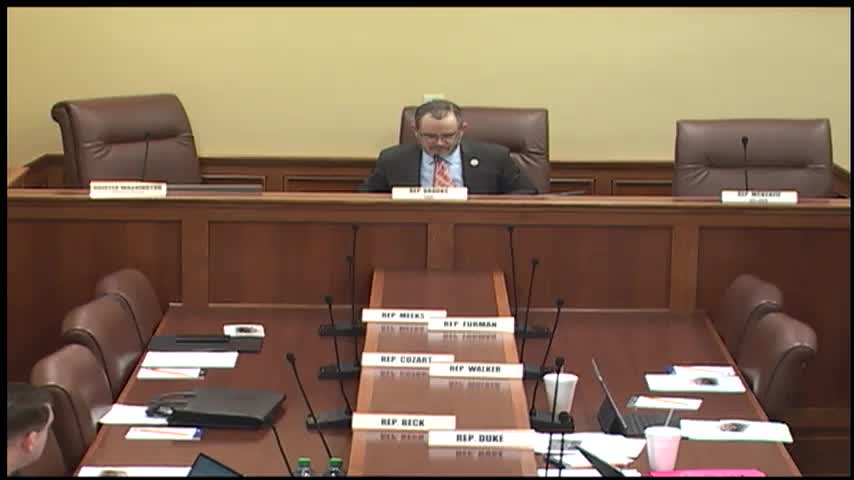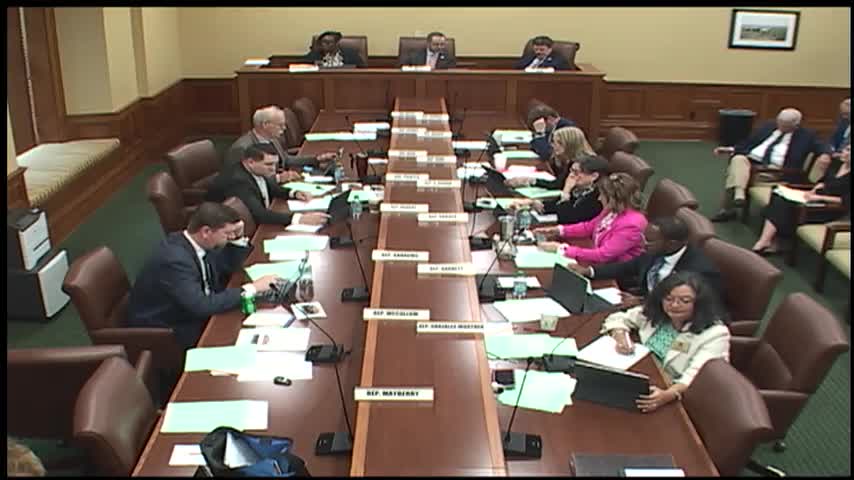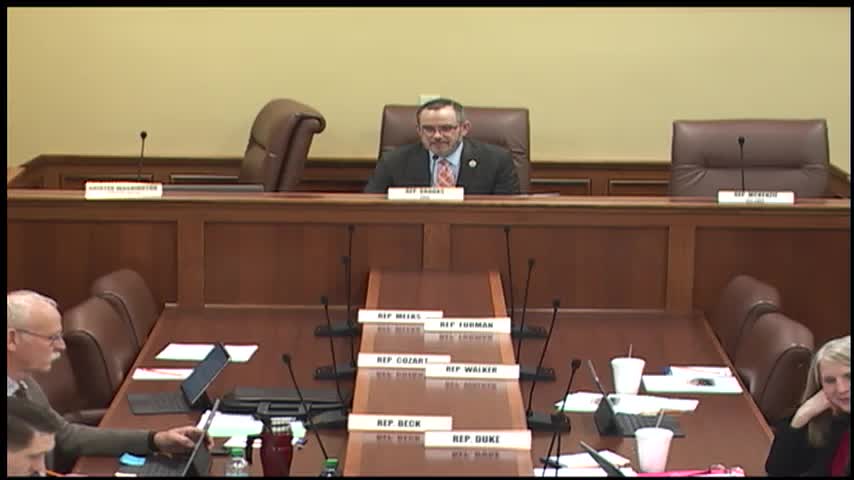Article not found
This article is no longer available. But don't worry—we've gathered other articles that discuss the same topic.

House Education Committee clears a broad slate of bills on tests, school governance, choice and curriculum

Committee advances pilot for mental‑health crisis teams to serve students whose behavior risks harm

